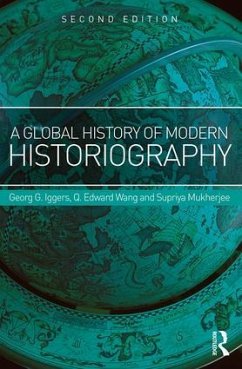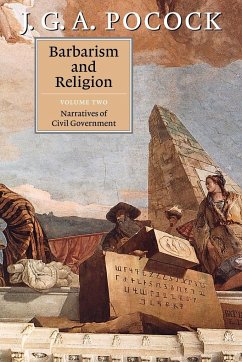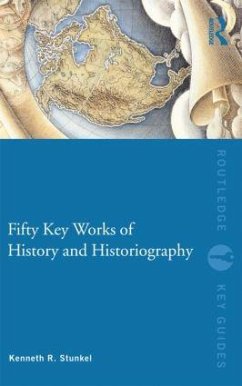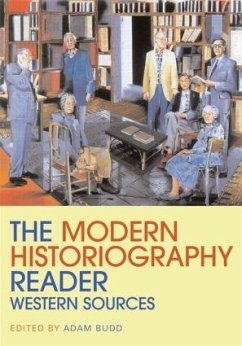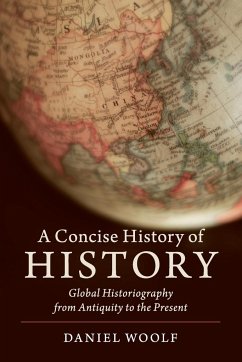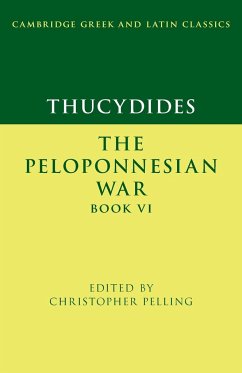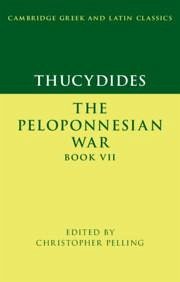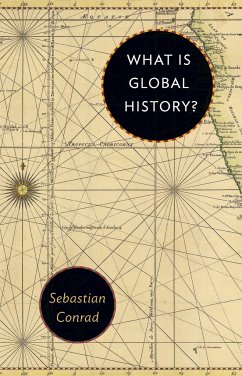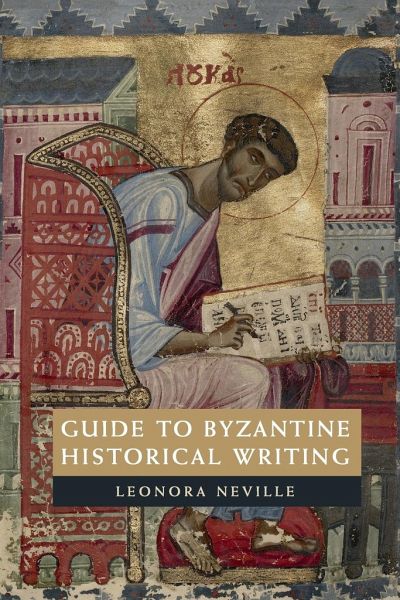
Guide to Byzantine Historical Writing
Versandkostenfrei!
Versandfertig in 1-2 Wochen
33,99 €
inkl. MwSt.

PAYBACK Punkte
17 °P sammeln!
Provides essential guidance to undergraduates, graduate students, and scholars of medieval and classical studies interested in Byzantine historical writing. It distils the results of complex, specialist, multilingual scholarship into an easily understood format, making it easier to approach the history of the medieval Eastern Mediterranean.





